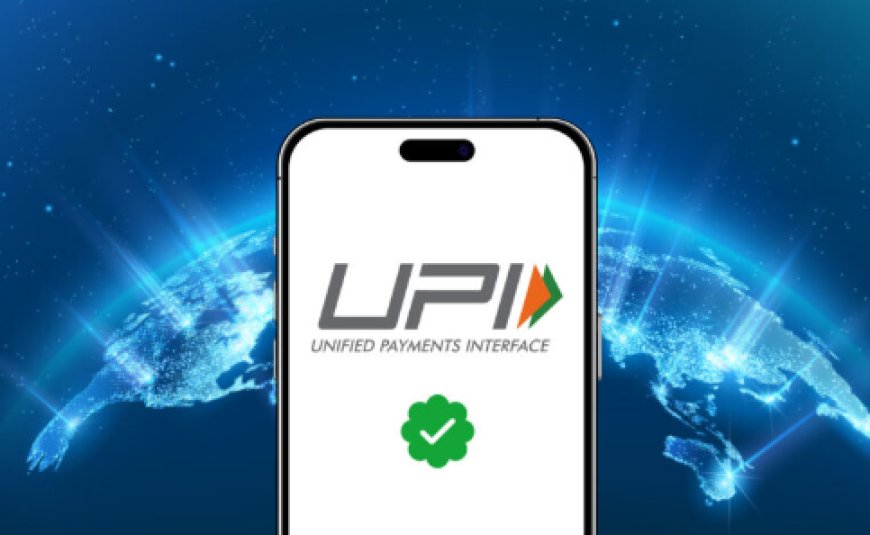India Pushes for Global UPI Expansion to Revolutionize Cross-Border Payments
India is advocating for UPI’s global acceptance, aiming to ease compliance rules and expand its use for cross-border transactions. The move could challenge Visa, Mastercard, and SWIFT in international payments.

The promotion of Unified Payments Interface (UPI) at a global level for more friendly compliance requirements towards easy cross-border transactions is actively put forward by India. The Indian government has led this initiative, aimed at positioning UPI as an alternative to global payment networks such as Visa, Mastercard, and SWIFT.
Since its inception in 2016, UPI has brought about a radical change in India's digital payment landscape, with UPI accounting for almost 83 percent of all digital transactions in India by 2024. So easy and instantaneous are the processing and electronic transactions that it has become the most preferred means of payment for the masses. However, its international roll-out has been hampered by strict compliance requirements imposed by watchdog organizations like the Financial Action Task Force (FATF).
As part of countering those challenges, India is seeking easier regulatory frameworks for UPI payments to be accepted more easily in foreign markets. This move will definitely help Indian tourists, business operators, and expatriates, as they will not have to depend on conventional banking networks for payments and expensive international transaction fees.
India has already partnered with some nations, like France, Singapore, and the UAE, whereby UPI is accepted in certain spots. The government is now working to integrate UPI with more international financial systems, further augmenting its competitiveness in the global payments sphere.
If successful, a global roll-out of UPI might pay back for setting cross-border transactions a new parity in being efficient, cheap, and accessible while also giving India the crown for technological leadership in digital finance.



 Utej
Utej 





